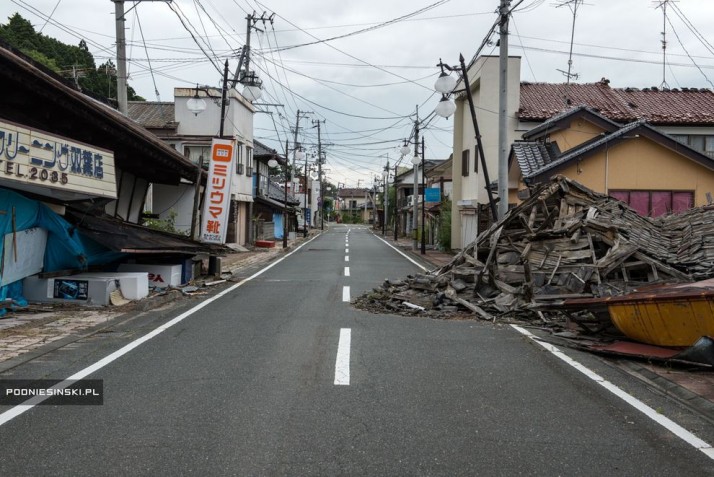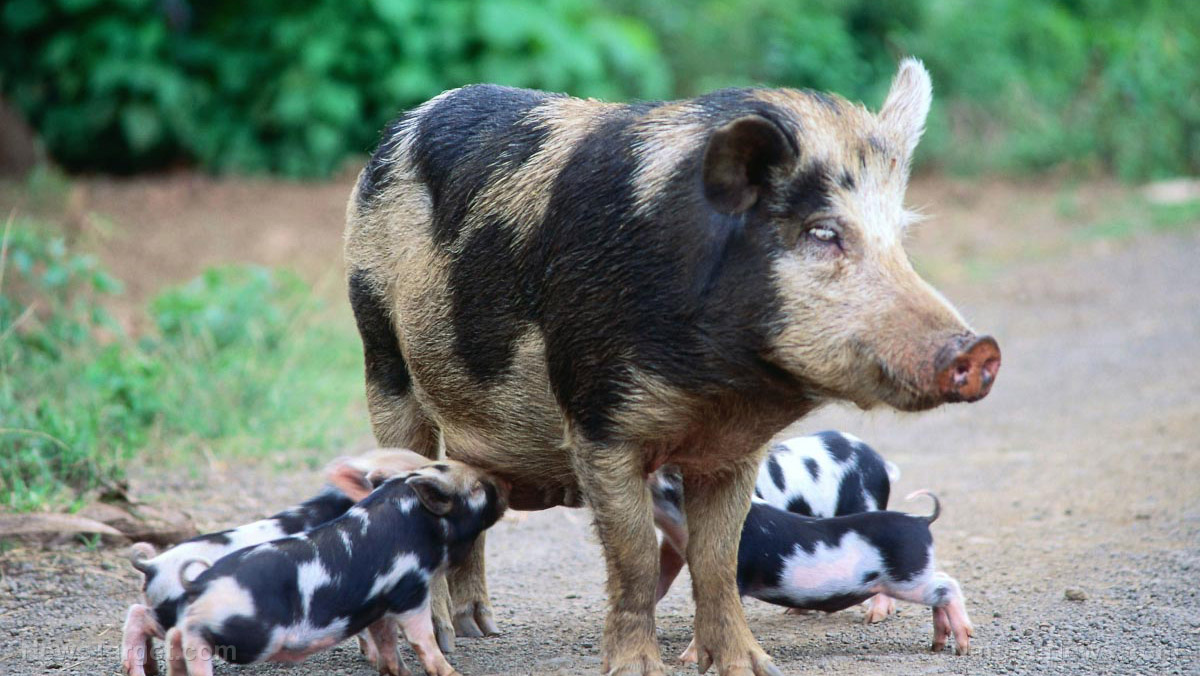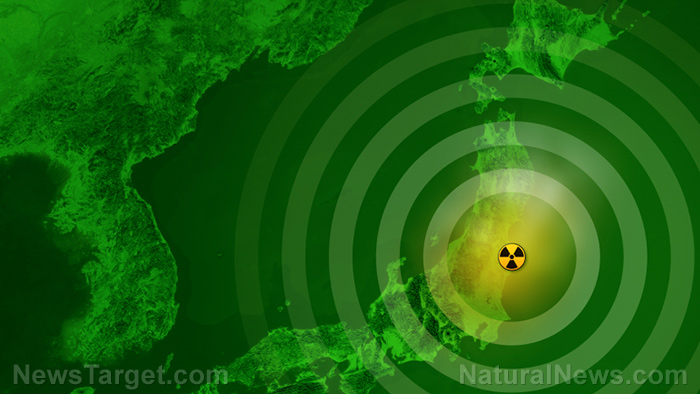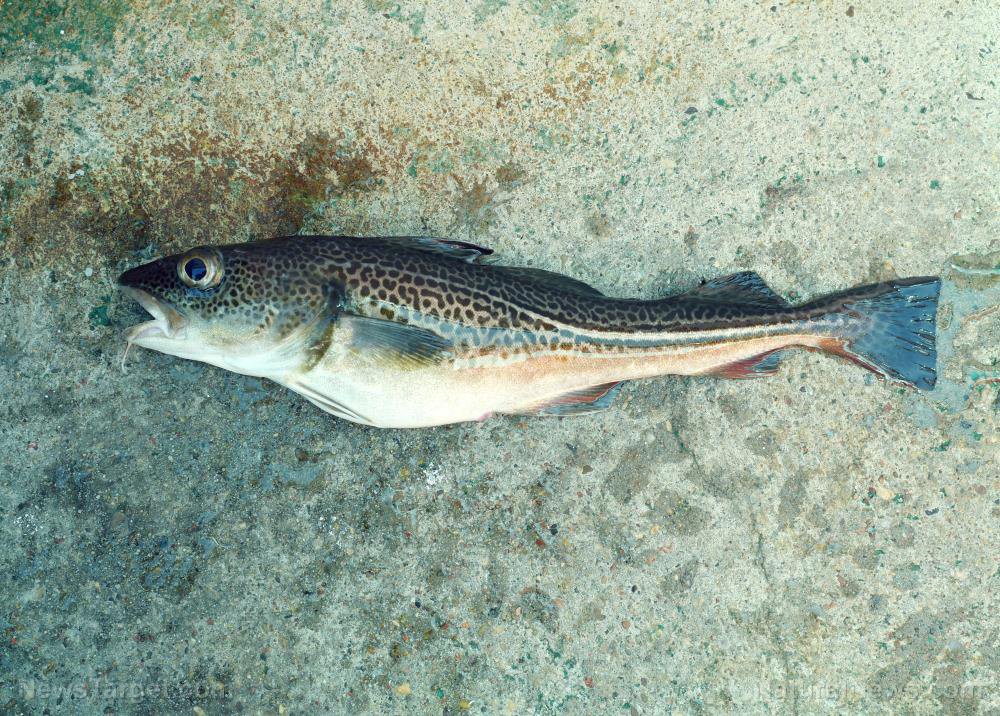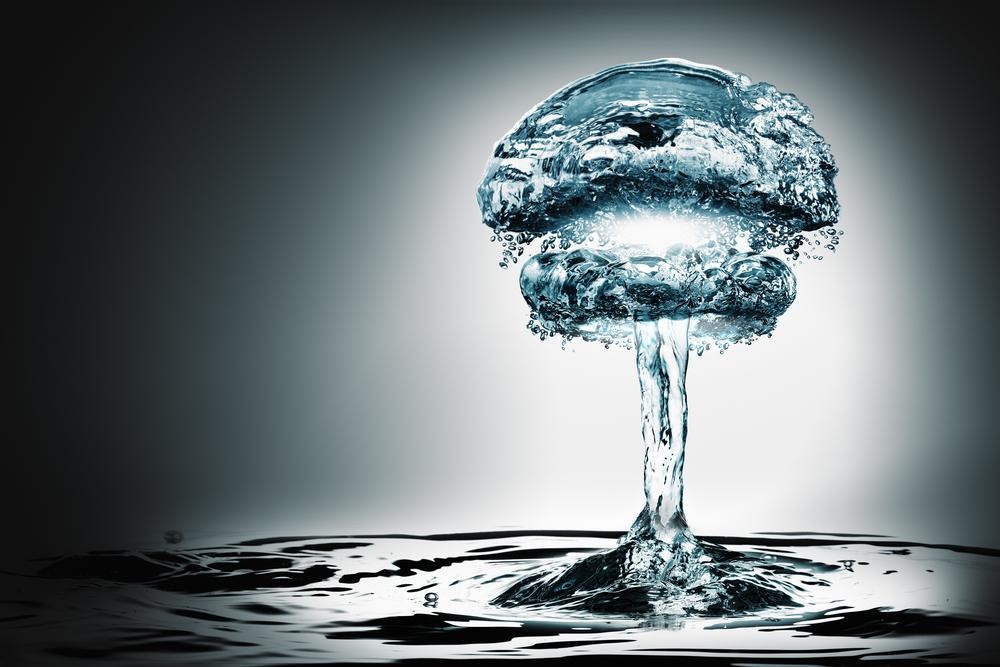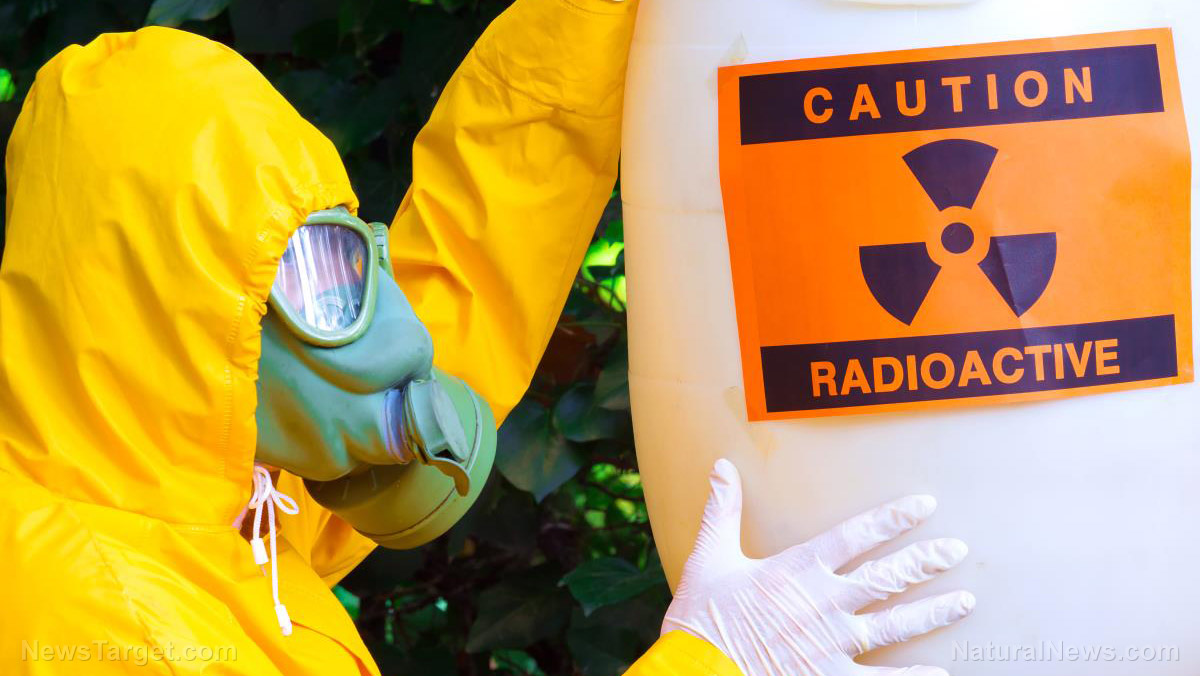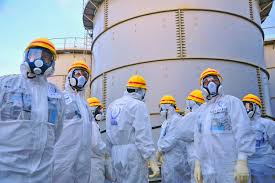Fukushima food is smuggled into Taiwan despite ban to protect citizens from radiation
07/30/2015 / By Greg White
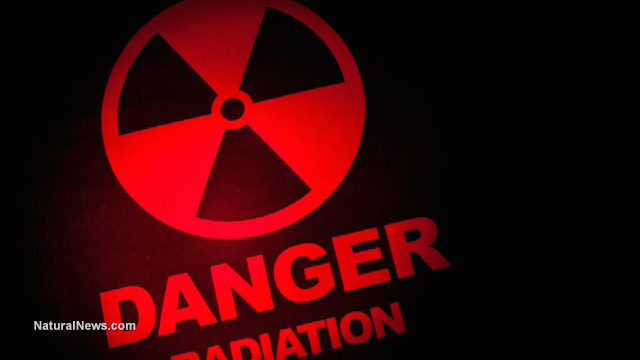
Taiwanese and Japanese officials are trying to work out a memorandum of understanding (MOU) after banned food products from the Fukushima disaster were discovered in Taiwan.(1)
A tsunami slammed the coast of Japan in 2011, decimating three nuclear reactors and severely damaging a fourth reactor at the Fukushima Daiichi site. Hundreds of thousands of tons of radioactive waste have been leaking into groundwater and the ocean from the reactors, contaminating sources of food on the land and in the sea.
Taiwan has strict food safety standards. After the 2011 disaster, Taiwan banned the importation of food products from five Japanese prefectures, including Fukushima, Ibaraki, Tochigi, Gunma, and Chiba.(2) Japan and Taiwan established a joint task force last March after it was discovered that a ban on food from the prefectures was being violated.(3)
Consumers purchase toxic food items from Fukushima
Hundreds of food items had fake food labels that lied about their origin, which was near the Fukushima site. Approximately 3,000 food products had been mislabeled at the port of Keelung. Investigators discovered that approximately two dozen companies were smuggling food into Taiwan despite the ban to protect citizens from radiation. The Sheng Yu Company, for example, had been importing Japanese soy sauce that said it was from Tokyo but was actually from all five banned prefectures. Japanese officials most likely mislabeled the food products before they entered Taiwan.(3)
Other food items found in violation of the ban include Kirin’s Afternoon Tea Straight Tea, Milk Tea and Lemon Tea beverages, Nissin Food Products Co.’s cup noodles, Morinaga’s cookies and sweets products, as well as Nestle Green Tea. Officials believe that at least 10 companies have violated the ban.(3)
An estimated 294 products were tested for radiation after companies were caught violating the ban. Approximately 193 of the food items did not contain radioactive isotopes, meaning 101 were radioactive. Many of these items had already been purchased by consumers. After the discovery, government officials gave business owners a week to pull mislabeled food items from supermarket shelves.(3)
There are no safe amounts of radiation. Even limited exposure to radiation can have an accumulative effect over time. Radioactive isotopes are toxic to body organs and carry an increased risk for various cancers. Nevertheless, Japanese importers seem to care more about making a profit than they do about the safety of their customers.
Taiwan considers lifting ban
The mislabeling of food items is legal in Japan but illegal in Taiwan. Japan is hoping that Taiwan will relax it food safety standards. Nevertheless, a legislative committee from Taiwan passed a motion that requires food items imported from the prefectures to provide documents that prove they passed radiation checks.
Persons found to mislabel food items can face a $100,000 fine and up to a year in prison.(3) Despite these penalties, Taiwan has agreed to consider lifting the ban and allow the importation of food from the five prefectures. Meanwhile, the reactors from the Fukushima site continue to leak toxic radiation into the Pacific Ocean, which is a major source of Japan’s food supply. No official time table has been constructed to lift the ban in Taiwan. Most countries ban certain food items, rather than all food, from Japan.(1)
The scandal reveals that cracks still exist in the importation system. Japanese exporters cannot be trusted. The risk of contamination is much greater in countries that have lower safety standards.
Sources include:
Submit a correction >>
Tagged Under:
import ban, radiation, smuggled food, Taiwan
This article may contain statements that reflect the opinion of the author
RECENT NEWS & ARTICLES
COPYRIGHT © 2017 FUKUSHIMAWATCH.COM
All content posted on this site is protected under Free Speech. FukushimaWatch.com is not responsible for content written by contributing authors. The information on this site is provided for educational and entertainment purposes only. It is not intended as a substitute for professional advice of any kind. FukushimaWatch.com assumes no responsibility for the use or misuse of this material. All trademarks, registered trademarks and service marks mentioned on this site are the property of their respective owners.

